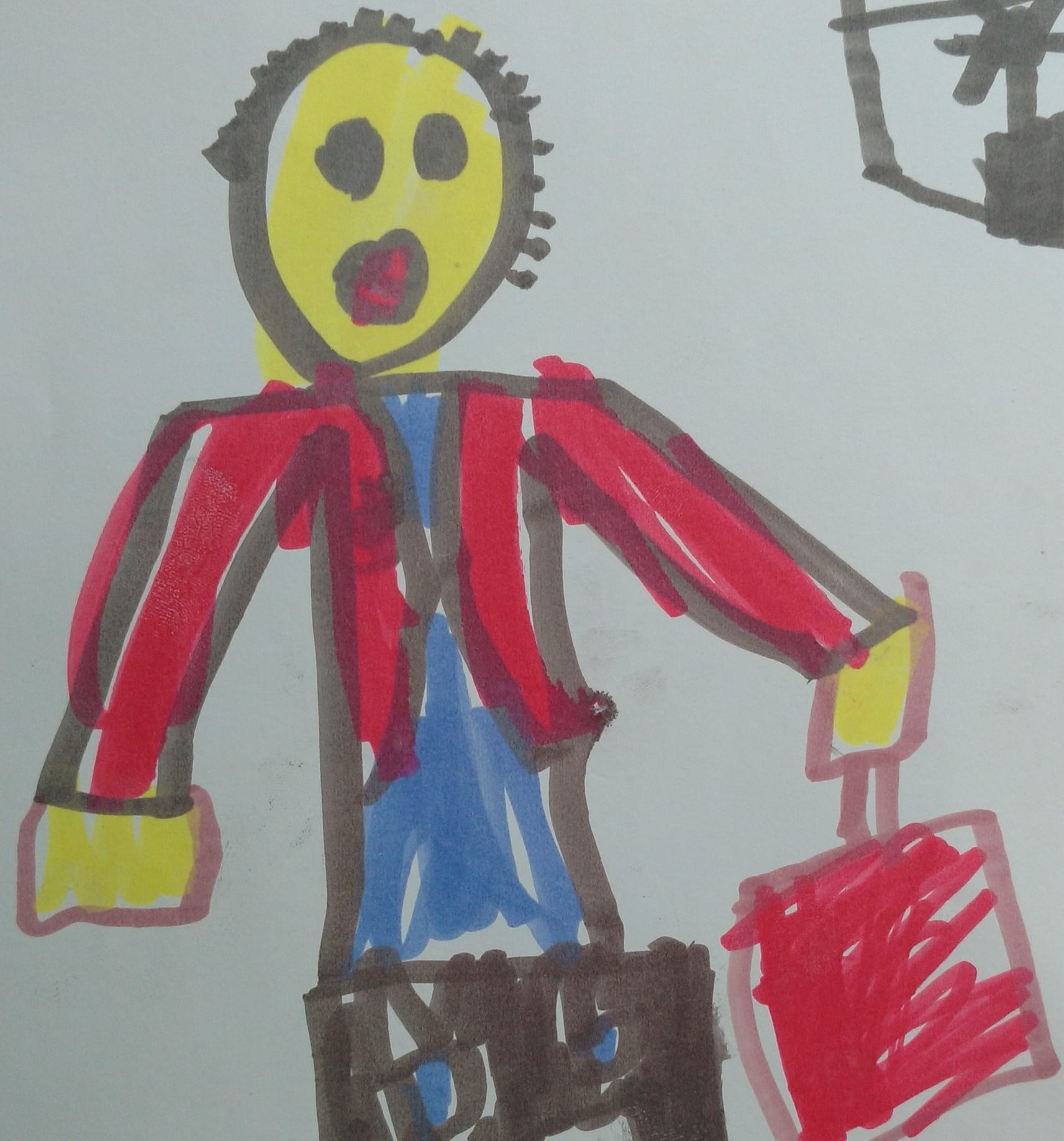What IS sex trafficking?
- Miranda L. Galbreath, MA, MA, LPC

- Jan 9, 2022
- 3 min read
Updated: Nov 2, 2024

If you have paid any attention at all to the news in past months, surely you’ve heard a story or two about the sex trafficking trial of Ghislaine Maxwell, longtime companion to financier Jeffrey Epstein, himself convicted of sex trafficking. I've heard news stories describing some of the stories of the girls, now women, who were abused by Maxwell and Epstein, though I generally don't hear or read stories that actually explain what sex trafficking IS. As January is National Human Trafficking Prevention Month, I offer some information and resources to help us better understand what sex trafficking is, and where we can look for resources.
For a really user-friendly explanation of PA's Human Trafficking Law, check out this infographic from Villanova University's Institute to Address Commercial Sexual Exploitation. I had the opportunity a few years ago to hear the Director, Shea M. Rhodes, Esq., give a presentation at a conference hosted by SafeNet, and she was such an impassioned and knowledgeable speaker.
In order to prosecute someone for human trafficking in Pennsylvania, the person must have knowingly benefitted financially or received something of value by performing one of the following acts: Recruiting, enticing, soliciting, harboring, transporting, providing, obtaining, or maintaining an individual for the purpose of commercial sex or forced labor. That person also has to have done so by means of "force," "fraud," or "coercion." The "means" outlined in PA law include:
Causing or threatening to cause serious harm to a person
Physically restraining or threatening to restrain a person
Kidnapping or attempting to kidnap a person
Abusing or threatening to abuse the legal process
Taking or retaining a person's property as a means of coercion
Engaging in unlawful conduct with respect to documents
Extortion
Fraud
Criminal coercion
Duress through use of or threat of force
Debt coercion
Facilitating or controlling access to a controlled substance
Using a scheme that leads a person to believe they or others will come to harm if they don't perform the labor/service/acts as directed
If you've been listening to the news stories lately about Ghislaine Maxwell's trial, you probably see some terms that sound familiar. News stories I listened to on my local public radio station describe Maxwell engaging in all sorts of the above-listed behaviors, and clearly the jury agreed.
Now that you have a better idea of what human trafficking or sex trafficking might look like, let's look at some resources. The U.S. Department of State's website offers this list of 20 Ways You Can Help Fight Human Trafficking. Villanova University offers survivor-led symposiums to help educate about sex trafficking. Pennsylvania Coalition Against Domestic Violence (PCADV) offers a training webinar for advocates of survivors of domestic violence. Also check PCADV's events calendar for a Facebook Live "Ask an Advocate" Event on January 26, 2022, about human trafficking.
Another amazing resource is The Polaris Project. The Polaris Project staff's the National Human Trafficking Hotline, collects data on human trafficking, provides education, and develops strategies to respond to and prevent human trafficking.
One of my favorite resources is Wilmington University's frequent and excellent free Human Trafficking Awareness webinars. They also offer an Undergraduate Certificate in Human Trafficking Awareness suitable for folks in a variety of helping professions, from social work, mental health, probation and parole, medical staff, etc.
If you want to get help, report suspected trafficking, or learn more, you can also contact the National Human Trafficking Resource Center at 1-888-373-7888. This is a national, toll-free hotline available 24 hours per day, 7 days a week, every day of the year.
You can also contact the BeFree Textline by texting "Help" to 233733.



